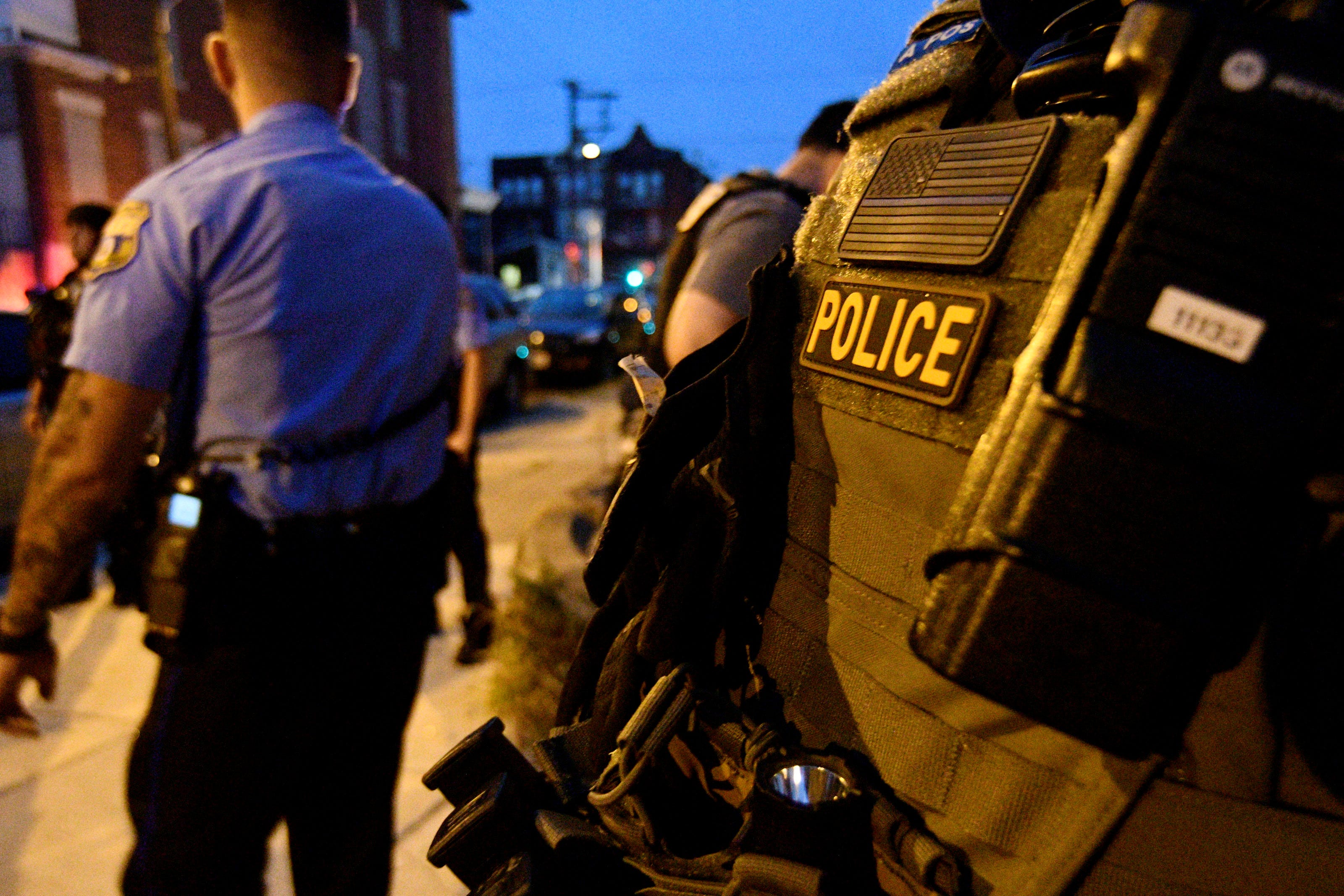
The Shift in Police Hiring Standards
The Dallas Police Department has been experiencing a decline in its workforce for years, with more officers leaving than being hired. This situation became even more challenging in the fall of 2024 when voters approved a proposition that required the department to have at least 4,000 officers—far exceeding the number it had even at its peak in 2010. To address this issue, the department adopted a new strategy by removing the requirement that applicants must have college credits. This move is part of a broader trend among cities across the United States, including Chicago, Memphis, Louisville, and New Orleans, which have also relaxed their education requirements for police officers.
This shift aligns with national trends where over 80% of law enforcement agencies only require a high school diploma for hiring, according to a 2017 survey of nearly 1,000 departments nationwide. Chuck Wexler, executive director of the Police Executive Research Forum, noted that while an ideal scenario would involve college-educated officers, the current demand for qualified personnel exceeds the supply.
Benefits and Challenges of Education Requirements
Research suggests that college-educated officers may use less force, face fewer complaints, and produce better reports. However, some experts argue that these findings are not definitive. Relaxing education requirements can make the job more accessible to a wider range of Americans, especially considering the rising cost of higher education.
In Dallas, the change has already led to an increase in applications from individuals who previously couldn't qualify. Despite this, recruits still need to pass a civil service test, physical exam, background checks, and psychological and medical evaluations before entering the 10-month police academy. Luis Mata, a spokesperson for the department, emphasized that success in the academy depends on personal commitment rather than educational background.
Reasons Behind the Change in Requirements
Law enforcement officials attribute the shift in education requirements to nationwide shortages of officers. Federal officials have highlighted a "historic crisis in recruiting and retaining" officers due to a tight labor market during the pandemic and protests over high-profile police killings. While recent data suggests the crisis may be easing, several cities are reevaluating their requirements.
For example, the New York Police Department (NYPD) announced in February that it would lower its education requirement from 60 to 24 college credits. In California, lawmakers are considering legislation that would require officers to have either a bachelor's or associate's degree, a modern policing degree, or a professional policing certificate. These changes aim to expand the pool of potential candidates.
The Role of College Education in Policing
Experts have long advocated for a more educated police force. Two federal commissions in the 1930s and 1960s raised concerns about the lack of education among officers. A 2007 study found that college-educated officers use force less often and face fewer disciplinary actions. Additionally, they tend to write better reports, which can lead to more successful prosecutions.
However, the evidence linking education to better policing is not conclusive. Eugene A. Paoline III, a professor of criminal justice at the University of Central Florida, noted that experience also plays a significant role in shaping police behavior. He pointed out that both college-educated and experienced officers tend to use less force. Moreover, higher education levels may lead to lower job satisfaction among officers.
Addressing Staffing Shortages
While some departments have seen a surge in applications after dropping education requirements, the impact on staffing remains mixed. For instance, the Philadelphia Police Department saw a spike in applications after removing the college credit requirement in 2016, but staffing levels remained relatively flat. Similarly, the New Orleans Police Department experienced a rise in applications after eliminating the requirement, but hiring numbers did not significantly increase.
Matthew Stone of the New Orleans Police and Justice Foundation noted that even without education requirements, recruitment challenges persist. The focus remains on increasing the number of applicants through effective marketing efforts.
Despite these challenges, the trend of relaxing education requirements continues as cities seek to attract more candidates to fill critical roles in law enforcement.